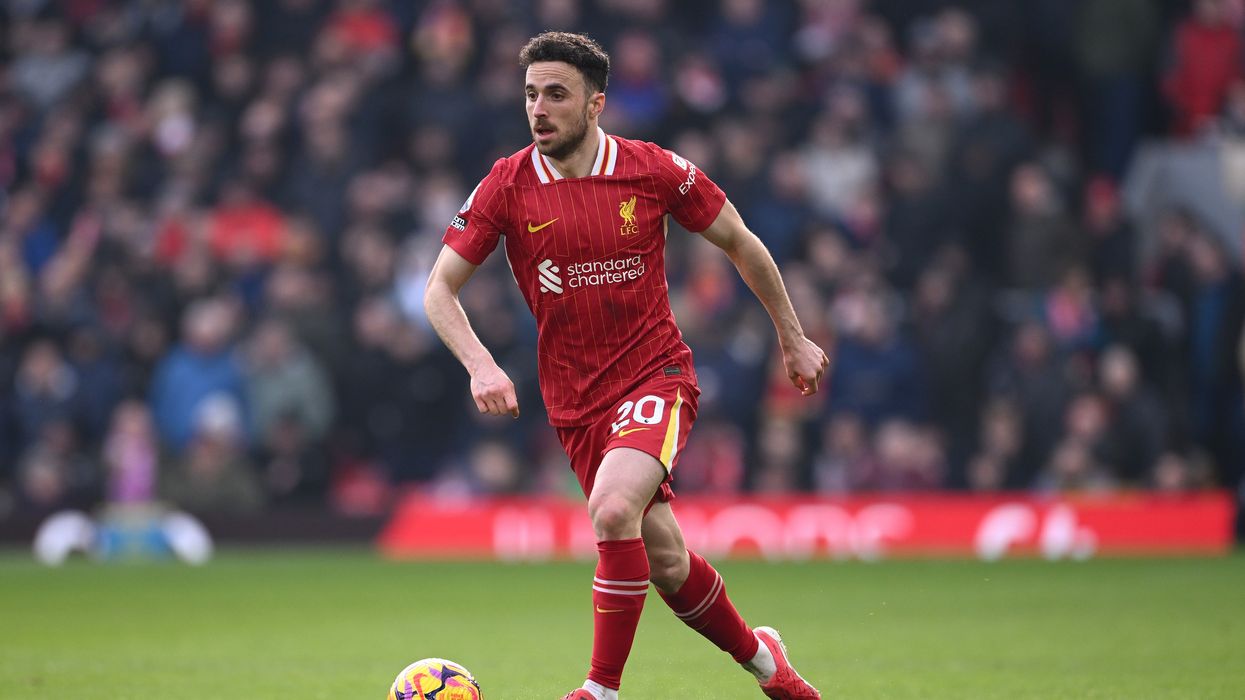SMALL SHOP owners across the UK are voicing growing concerns over an alarming increase in shoplifting incidents, with many citing a lack of police response and a rising sense of impunity among criminals as the root causes of the issue, reported the BBC.
Benedict Selvaratnam, a convenience store owner in south London, reports witnessing up to nine shoplifting incidents in a day, often accompanied by brazen and aggressive behaviour from perpetrators.
Selvaratnam, who has operated his family business, Freshfields Market in Croydon, for eight years, has seen a significant surge in shoplifting in the past year.
Perpetrators of these thefts range from mothers concealing products in prams to pensioners, children, teenagers on bicycles, and even organised gangs engaging in theft-to-order schemes for items like coffee, honey, and meats.
The situation has escalated to the point where Selvaratnam's staff regularly face verbal and physical abuse. In recent incidents, one employee was hospitalised after being struck in the head with an iron nail, while another was attacked with a sugar cane stick. Several female staff members have left their jobs due to safety concerns.
The Federation of Independent Retailers, which represents 10,000 shopkeepers, is calling for government help to tackle the problem.
It urged the government to provide independent shops with a one-off grant of £1,500 to enhance security measures. They argue that smaller retailers lack the financial resources of larger supermarkets to invest in security infrastructure.
To address safety concerns, security measures have been enhanced at Freshfields Market, including the installation of a protective glass screen and 34 CCTV cameras inside the store, along with 12 more outside. However, Selvaratnam contends that these measures are insufficient to deter criminals.
One major issue contributing to this escalating problem, according to Selvaratnam, is the belief among shoplifters that the police are unlikely to respond to calls for assistance. He believes this emboldens criminals and encourages others to follow suit.
The Metropolitan Police, responding to these concerns, noted that it is not always feasible for them to respond to every shoplifting case due to high demand but stated they would dispatch officers "where appropriate."
The Met is actively collaborating with London shops to enhance shoplifting reporting mechanisms.
Dame Sharon White, CEO of John Lewis, characterised the surge in shoplifting over the past year as an "epidemic." Data from the British Retail Consortium supports this, with retail thefts in England and Wales increased by 26 per cent in 2022.
The BRC's crime survey also reveals a rise in violence towards shop staff, including threats with weapons and physical assaults.
In response, a group of 10 major retailers, including John Lewis, is funding Project Pegasus, a police initiative designed to crack down on shoplifting.
This £600,000 project will utilise CCTV images and shop data to identify prolific offenders, contributing to the creation of a national shoplifting database. Policing inister Chris Philp emphasised that the scheme will benefit all retailers in identifying criminal gangs.
Other major retailers such as Tesco, Co-op, and Iceland are heavily investing in anti-theft measures, including the expanded use of security tags and outfitting staff with body cameras. Waitrose and John Lewis are even offering free hot drinks to on-duty officers to boost police presence in their stores.
However, for small businesses like Benedict Selvaratnam's Freshfields Market, offering such incentives to police officers is financially challenging. Selvaratnam revealed that he has contemplated selling the store, but offers received thus far have not covered the investments he has made in security measures.


















